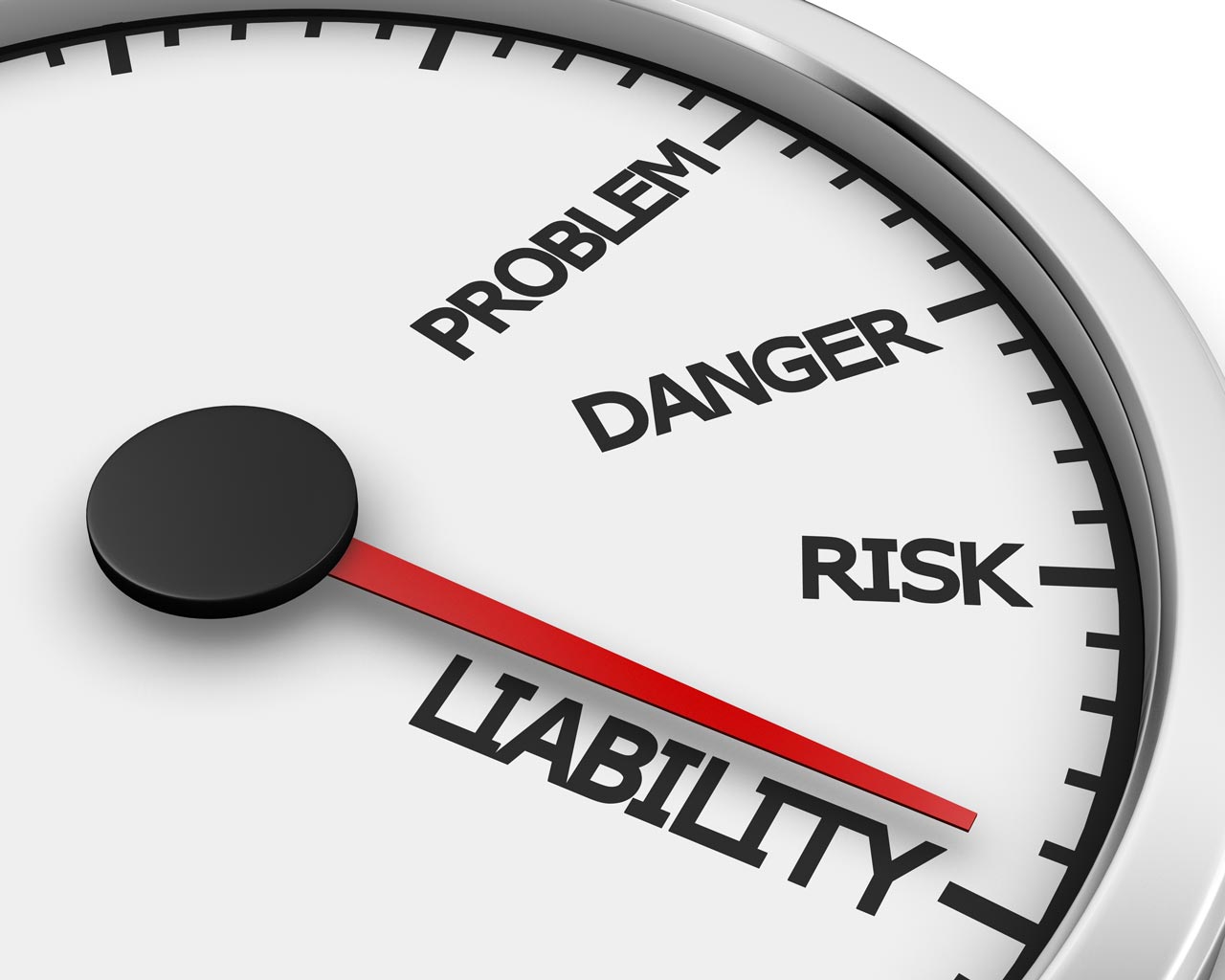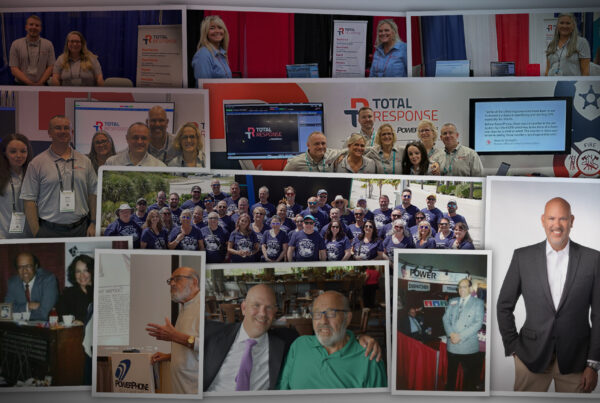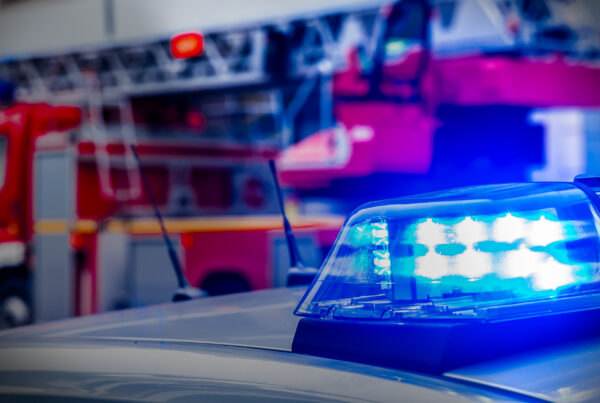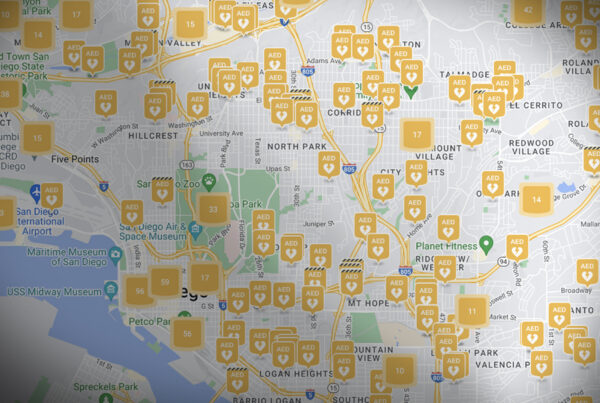02/12/24
Liability for 911 agencies continues to be a nationwide concern that can result in costly legal actions. Every time an emergency called is answered, it is logged, and details are admissible in court. As stewards of the public trust, it is every call center’s responsibility to mitigate potential agency liability as much as possible while providing the best possible services to your community.
The most effective way to lower agency liability is by having qualified and well-trained employees who consistently follow and implement documented up-to-date standards.
There are many ways that dispatch centers can become liable, and public safety personnel must be aware of them all. Some of the main ways include:
- Failure to Train
- Equipment Failure
- Insufficient staff on duty
- Inappropriate or insufficient response
- Disclosure of confidential information
- Failure to deliver the “Current Standard of Care”
- Improper or outdated policy
- Workplace Harassment of any kind
- Vicarious Liability
- Negligent retention
In addition to liability for their own actions, agencies can also be liable for the negligent actions of individual employees under the doctrine of “vicarious liability.” Vicarious Liability includes supervisory and agency exposure as a result of a telecommunicator’s negligent act. Even in jurisdictions where the agency is covered by sovereign immunity, it is increasingly common for courts to rule such immunity invalid when challenged.
Duty to Act
Because of the unique role that 911 telecommunicators play in society, we have an enhanced “duty to act” that is greater than the duty owed by a private civilian. The duty to act begins the moment someone calls 911 and informs them that they need help. Once the telecommunicator answers a 911 call, they’ve effectively entered into a “special relationship” with the caller. Because the government now has a unique knowledge of the caller’s predicament, there is an expanded duty to render assistance. The telecommunicator now has a legal duty to act within the scope of their profession to assist or protect individuals in need.
Negligence
Simply put, negligence is the failure to use ordinary care. Intent to harm is not required to prove negligence. However, to support a charge of negligence, the court must also determine that the call center’s action (or lack of action) injured the victim through breach of duty.
- Duty: The responsibility to act or perform according to the established Standard of Care.
- Breach of Duty: You did not perform your duty by acting per the established standards.
- Injury/Damage: Loss suffered by the victim.
- Proximate Cause or Causation: There is a direct relationship between the action taken or not taken by the dispatcher and the injury to the victim.
Response Liability
Aside from human resource-type issues like sexual harassment, most liability exposure for 911 call centers occurs around the agency’s response. Agencies can be found liable for inappropriate responses, especially in glaring instances of negligence. The most common reactions resulting in liability include:
- Sending the wrong responder
- Initiating the wrong level of response
- Failure to dispatch
- Ignoring a caller’s request for help
- Creation of peril
Liability exposure increases dramatically any time a call or response isn’t handled consistent with the documented standard of care.
Reducing Agency Liability
There is no magic solution that can entirely take away a call center’s potential liability. However, when staffing, training and quality assurance are performed with liability in mind, agencies can see a significant reduction in their liability exposure.
Some of the best steps agencies can take to reduce liability exposure include:
- Following well-defined hiring practices.
- Maintain clearly defined job descriptions.
- Ensuring your staff has the tools they need to perform at the highest level.
- Documenting clearly communicated performance expectations and standards.
- Regularly reviewing and updating Standard Operating Policies/Procedures
- Regularly inspecting all equipment and immediately processing repair requests as needed.
- Providing decision support software to assist in proper questioning of victims and witnesses.
- Striving to retain appropriate staffing levels.
Liability exposure is a large and unfortunate reality of public safety life. Due to the sheer impact and seriousness of issues we face, the stakes are often high, and with that comes increased legal risks. Since any single member of a 911 call center can expose the entire agency, it is vital to make sure every telecommunicator has a strong foundational understanding of liability and risk exposure from a 911 call center’s viewpoint.
Luckily, Total Response is there to ease the burden for your 911 call center. Total Response ensures your staff has the tools they need to ask better questions of callers and relay scene information faster and more accurately to responders, ultimately minimizing your liability exposure. Learn more about what Total Response can do for your 911 center here.








